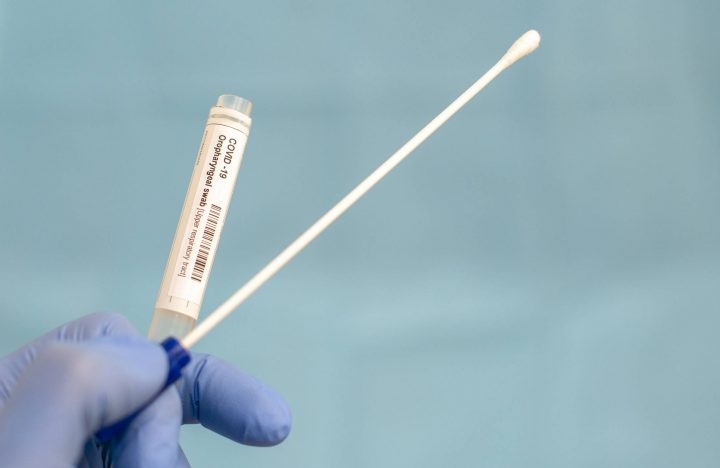For the first time in over two months, no new coronavirus cases were reported in Saskatchewan.

The last time no cases were reported in the province was on March 11, the day before Saskatchewan reported its first presumptive case.
It comes as Saskatchewan prepares to launch Phase 2 of its reopening plan on Tuesday.
Retail services that were not previously allowed to remain open during the state of emergency can provide services again, and shopping malls and its tenants can resume business.
The resumption of some medical services also starts on Tuesday.
Surgeries will be expanded from emergency and three-week urgent cases to six-week urgent cases.
MRIs will increase from 50 per cent to 75 per cent of normal capacity. CT scans are also returning to 75 per cent of normal capacity from the current 55 per cent level.
Eleven more recoveries were reported on Monday, bringing total recoveries to 455 — just under 77 per cent of the 592 overall cases in the province.
Five people are in hospital, one in Regina and four in Saskatoon. Three people in Saskatoon are in intensive care.

Get weekly health news
Six people in Saskatchewan have died from COVID-19.
The majority of active COVID-19 cases in Saskatchewan — 110 of 131 — is in the far north region. Other regions with active cases are the north (11), Saskatoon (eight), central (one) and Regina (one).
Here is a breakdown of total Saskatchewan cases by age:
- 83 people are 19 and under
- 210 people are 20 to 39
- 182 are 40 to 59
- 99 people are 60 to 79
- 18 people are 80 and over
Males make up 51 per cent of the cases, females 49 per cent.
Officials said 321 cases are linked to community contacts or mass gatherings, 139 are travel-related, 63 are under investigation by public health and 69 have no known exposure.
Saskatchewan has completed 41,159 tests so far for the virus, up 353 from Sunday.
The Saskatchewan Health Authority is expected to release the process for expanded testing in the coming week, which will be available to anyone working outside the home.
Questions about COVID-19? Here are some things you need to know:
Symptoms can include fever, cough and difficulty breathing — very similar to a cold or flu. Some people can develop a more severe illness. People most at risk of this include older adults and people with severe chronic medical conditions like heart, lung or kidney disease. If you develop symptoms, contact public health authorities.
To prevent the virus from spreading, experts recommend frequent handwashing and coughing into your sleeve. They also recommend minimizing contact with others, staying home as much as possible and maintaining a distance of two metres from other people if you go out.
For full COVID-19 coverage from Global News, click here.















Comments
Want to discuss? Please read our Commenting Policy first.